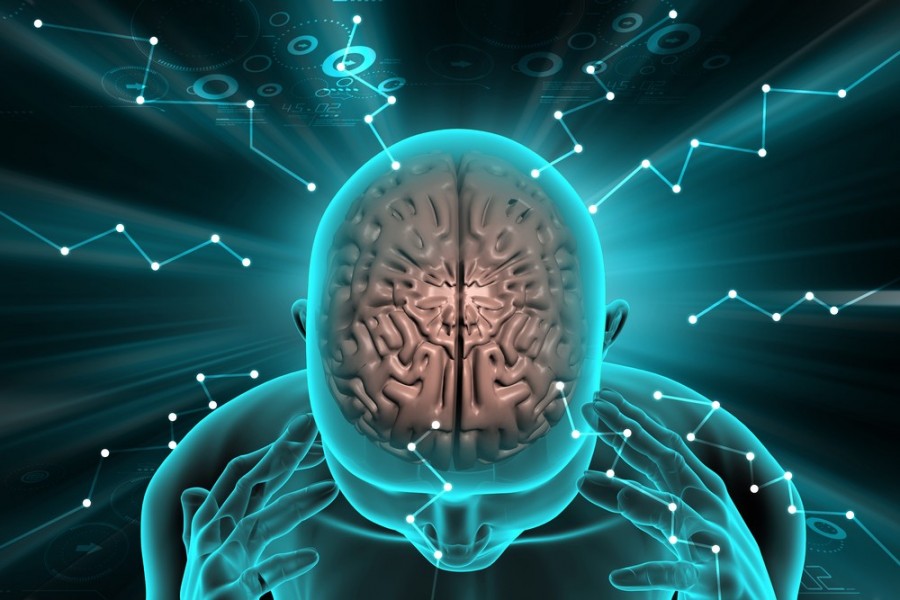
Published :
Updated :

The US scientists have mapped a part of the molecular machinery that helps the brain maintain long-term memories, providing new targets against Alzheimer’s disease characterised by memory loss.
The study published on Monday in the Proceedings of the National Academy of Sciences, outlined how a protein called CPEB3 primes neurons to store memories that stand the test of time in mouse cells, says Xinhua.
The findings offered a never-before-seen view into one of the brain’s most universal and basic cellular functions.
“At its core, memory is a biological process, not unlike a heartbeat. With today’s study, we’ve shed new light on the molecular underpinnings behind our brain’s ability to make, keep and recall memories over the course of our lives,” said the study’s co-senior author Eric Kandel, professor of brain science at Columbia University.
Kandel’s team found in a previous study that CPEB3 plays a critical role in strengthening synapses, the connection points where tiny branches of neurons connect to each other when all memories are made.


 For all latest news, follow The Financial Express Google News channel.
For all latest news, follow The Financial Express Google News channel.